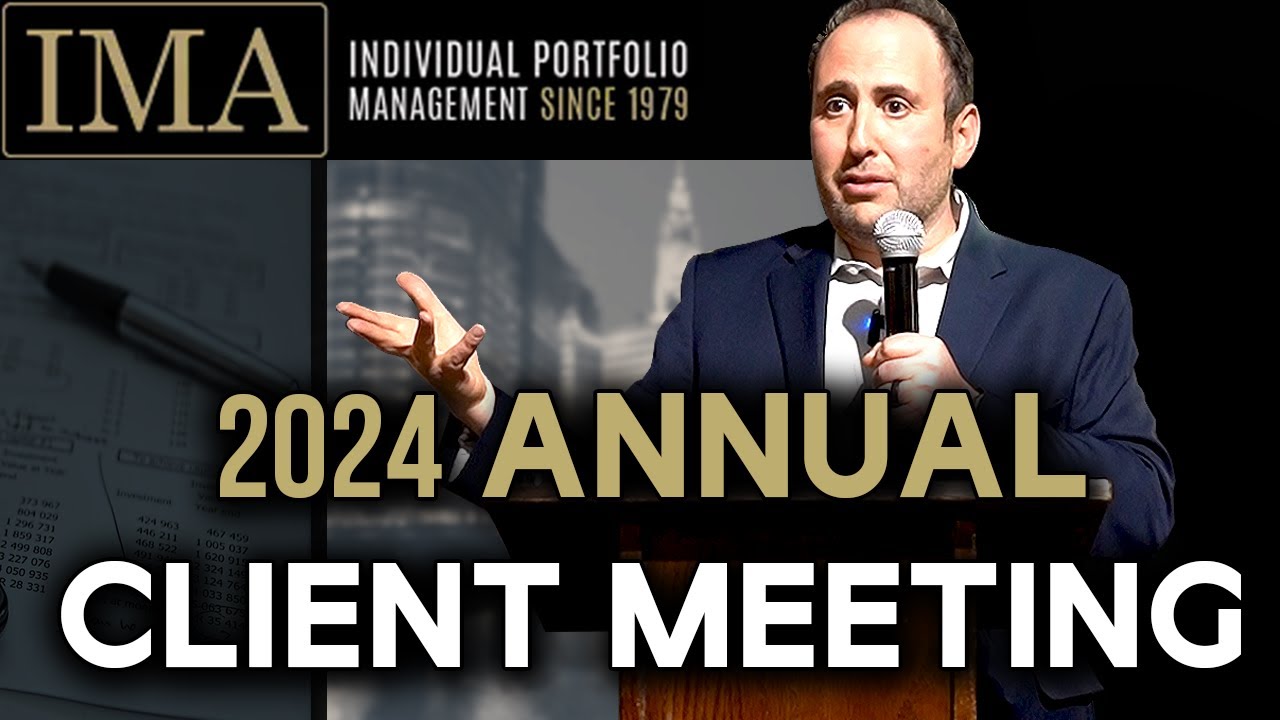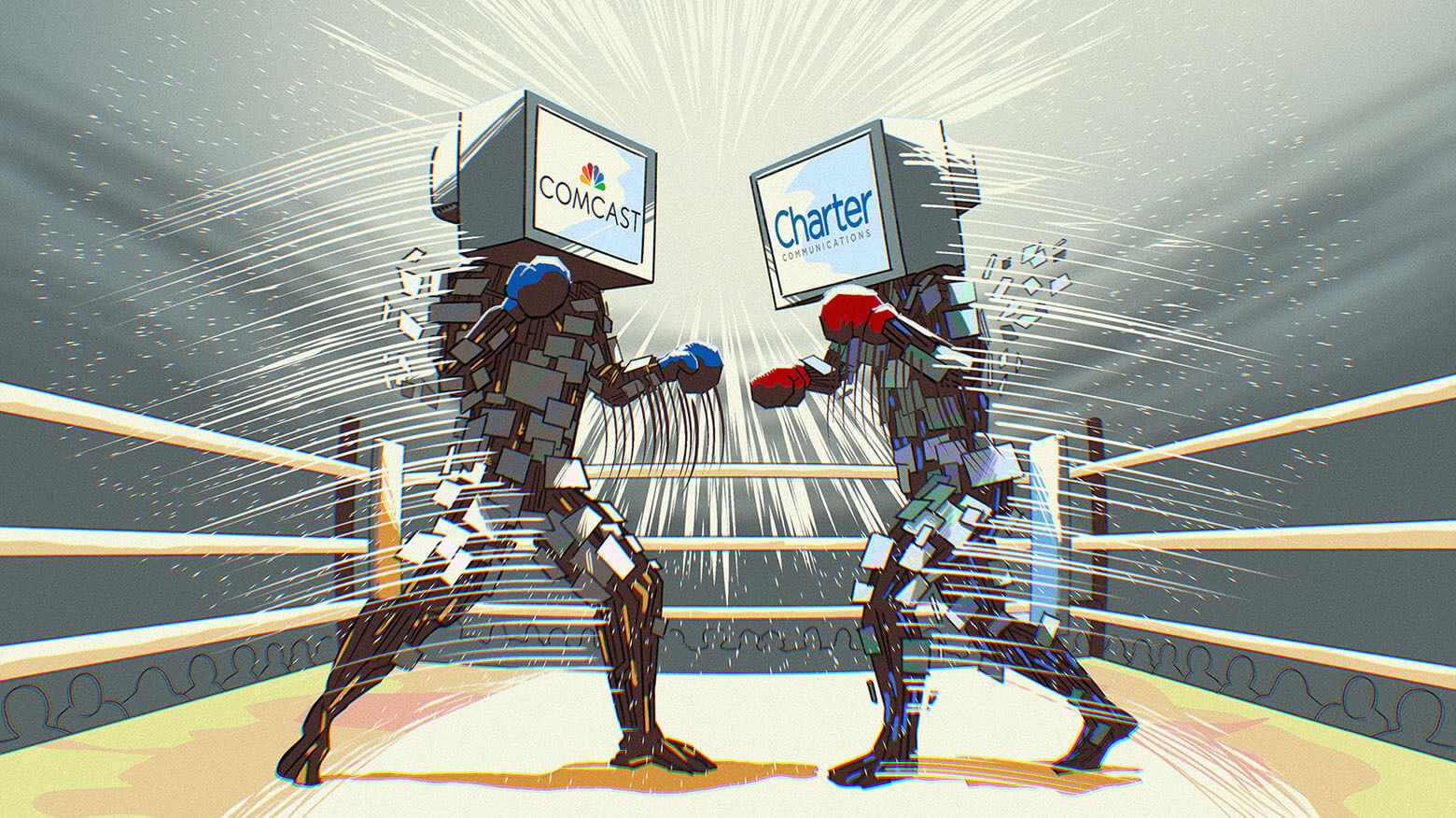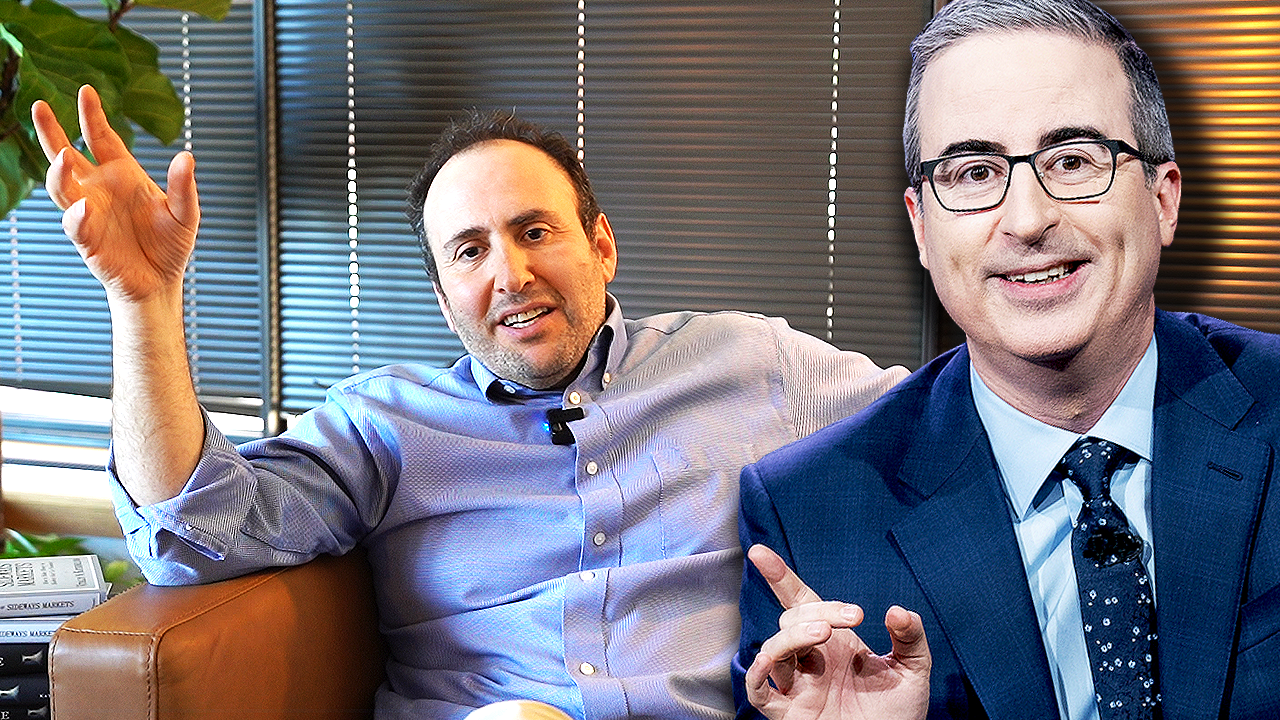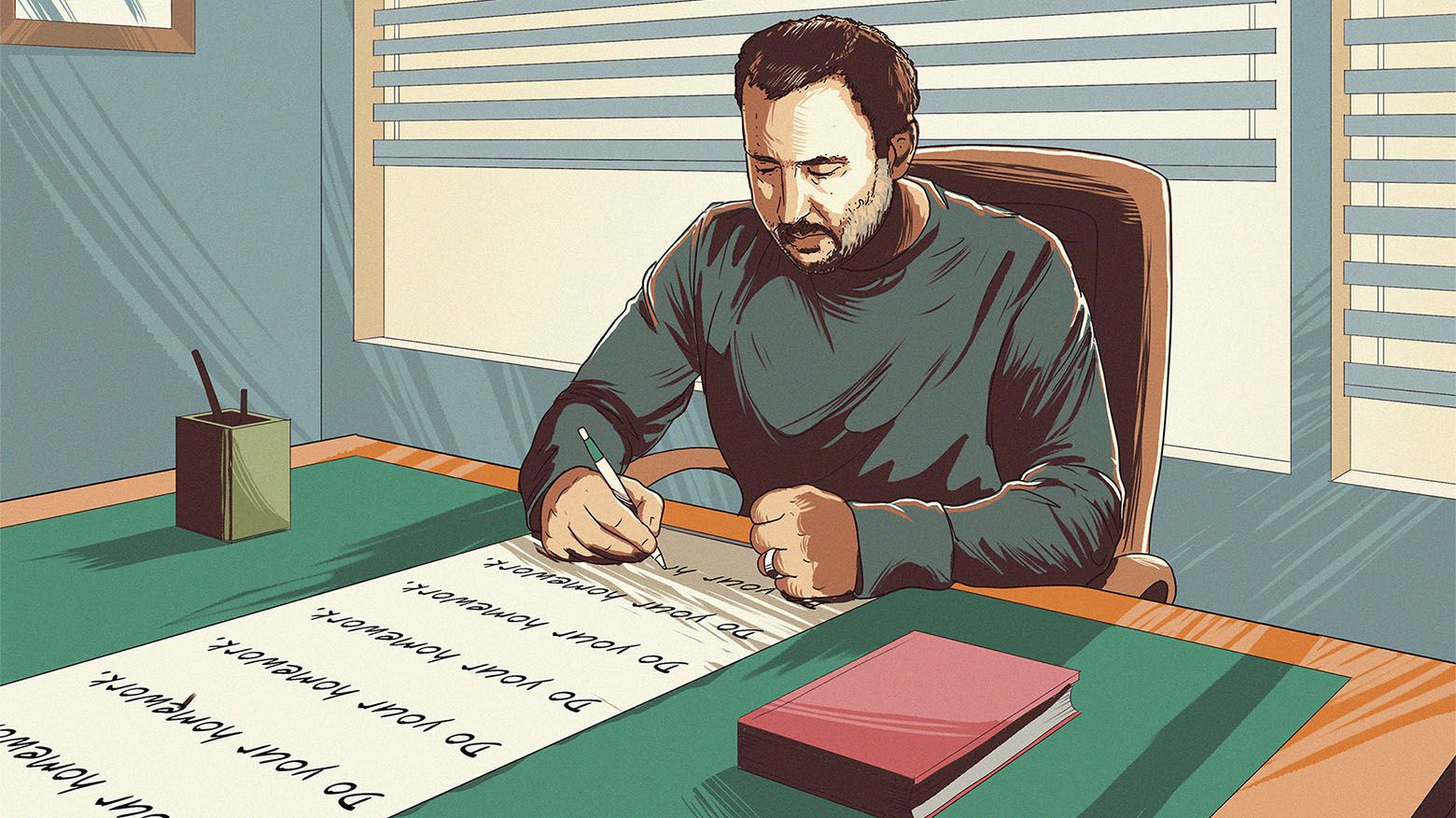Question: We own a lot of high-dividend-paying companies. How much does the dividend factor into the decision to buy one of these companies?
Answer: In our analysis, dividends are one of the inputs in the total-return calculation.
Total return = stock appreciation + dividends.
To take it a step further, we can break up stock returns into two components: earnings growth and price-to-earnings (valuation) expansion/contraction.
So the comprehensive total-return formula looks like this:
Total return = Earnings growth + price to earnings expansion + dividends
The higher the dividend yield, the less other engines of total return must work.
Question: If the yield is so high and the company is solid, why not use MLPs as a cash position.
Answer: Let me answer this question through a very real example. I was extremely comfortable with Tanger Outlets (SKT) in January 2020 when we originally bought the stock. We’d done a lot of work on it. Its dividend was well covered. It was a very high-quality, well-managed REIT. We liked the management a lot. It was run by a second-generation owner-operator. SKT was experiencing short-term, fixable issues. We bought it cheap.
A client reached out to me in January 2020 asking if we should just put all his cash in SKT. I advised against it. I told him, “Risk happens,” and SKT is not a riskless security.
And then… the pandemic knocked on our door, shopping malls closed, SKT had to cut its dividend, and the stock collapsed. It was a 3–5% position, and we added more to it when it declined and came out fine at the end. Imagine, though, if we had used SKT as a cash substitute, if it was a 30% position. We would have lost plenty of sleep over it. When you have a diversified portfolio of stocks, there is some safety in numbers.
The same logic that applies to MLPs applies to other high-quality dividend stocks. Risk happens. We are comfortable with them in the portfolio setting, but we wouldn’t have the same level of comfort if each stock represented a very large portion of the portfolio.
Question: Now that the infrastructure bill has passed, and the Build Back Better bill is being considered, please comment on whether this injection of trillions of dollars into the economy will or will not affect inflation and why.
Answer: Fitch and Moody’s think it won’t be inflationary, as infrastructure spending will improve productivity. They may be right about the benefits to productivity in the long term. The skeptic in me, however, says it is impossible to add billions of dollars of spending to an economy that is suffering from a deficit of available labor and not see inflation, at least in the short term.
Question: How are we positioning the portfolio for inflation and a potential selloff that it may trigger?
Answer: We don’t know what the stock market will do next. We have opinions and hunches, and we never act on them. We never try to predict the market’s next move. Neither we nor anyone else is good at it. The only thing we can do is to trim the sails of our portfolio to align with the winds of inflation. We’ve been doing this.
High-valuation stocks will get destroyed – we don’t own any of those. Long-term bonds will not do well, either. Our goal is to have a portfolio of businesses that have pricing power and buy them at great valuations. This has been our single focus, and we are comfortable with how our portfolio is positioned for inflation.
We receive a lot of questions about inflation. I want to refer you to three articles I’ve written on the topic.
Inflation Update – Not Transitory, Yet
Inflation is Here, But for How Long?
An additional thought: Undervalued companies that can raise prices are the best place to be during inflation. Inflation will compress the valuations (price to earnings) of fantastically priced companies. This is less likely to happen to the stocks we own. At the same time, companies will be passing on cost increases, and thus their earnings will get an additional boost from inflation.
Question: Do you have a plan to protect the portfolio if the market goes into a panic free fall?
Answer: There is absolutely nothing we can do to fully “protect” the portfolio if the market goes into free fall. Even if the put options were cheap today and we could hedge, they would still be too expensive to hedge the full portfolio.
Folks that run long-short portfolios might be able to “protect” a portfolio through their short book by betting on the decline of some stocks. However, I have many friends who run long-short portfolios or short-only portfolios, and they have been in a world of pain for many years. They’d go long common sense (what we do) and short insanity. What they have discovered is that in the short run insanity has no bounds. The problem when you are short “insane” stocks and they double or triple on you is you’re in a world of immeasurable hurt. That the short run turns into the long run because you have to cover your short position (buy back the stock) at a tremendous loss that you have cemented till the end of time.
To be a good short seller your DNA has to confer immunity to pain when a stock doubles or triples on you (you are down 100-200%). I have never shorted a stock in my life and never will.
The best protection against stock market declines is to make sure the businesses you own are worth a lot more than what you paid for them.
Let’s try a new analogy. Let’s say someone insults me. My first instinct is to get upset and react. But then I’m reminded by the Stoic philosopher Epictetus to “Remember that the person who taunts or hits you does not insult you, but your opinion about these things as being insulting does. So whenever somebody upsets you, know that it is your own opinion that upsets you. Accordingly, first strive to not be carried away by the appearance. For if you take the time and pause, it is easier to control yourself.”
Why should I be upset at Mr. Market for calling our stocks ugly and taking them down 30%? That’s just his opinion. Once Mr. Market sobers up, he’ll change his mind. There is a saying, “Don’t take criticism from someone who you wouldn’t take advice from.” We work very hard at analyzing and valuing each company we invest in so that we don’t have to take advice from a deranged Mr. Market.
So how do we protect your and our portfolio if the market goes into free fall? By playing a very different game. By not trying to protect the portfolio from temporary declines. Yes, you read that right. What does it matter if on any given day moody Mr. Market coughs up the opinion that our portfolio should be priced 30% lower? That’s just Mr. Market in one of his depressed moods. We don’t need to do anything about it. The value of businesses we own has not changed by 30%, and that is all that really matters in the long run. Long run is the key term here.
If you don’t have a long-term time horizon you should not be in stocks, period. If your personal situation doesn’t allow you to tolerate a 30% decline of the portfolio, please give us a call. We’ll need to discuss allocating a portion of your portfolio to cash. If you’ll need some funds over the next three to five years, you’ll need to set them aside in cash. These funds should not be in stocks.
Question: Are there certain business sectors you see being most favorable to a value investor during the next couple of years, and why?
Answer: I’d say not sectors but factors. Value investing has been in the doghouse for a long time due to low and declining interest rates. At low, actually negative, real (after-inflation) interest rates, any stock with a sci-fi business plan and possible earnings decades into the future got a valuation as if we were already living in that future. As interest rates settle at a higher level, value investing – a commonsensical way of looking at business – will be in vogue again.
Question: Being a German citizen, I might be negatively biased against Uber, as German court rulings against Uber are probably particularly problematic, and yet these legal issues do not seem endemic to Germany. The question is, how do you allow for legal issues when estimating future profits of a company – Uber is, of course, just a current example.
Answer: There are two questions here, one specific to Uber and one that applies to any company we own.
Let’s start with Uber. Most of Uber’s legal issues stem from three sources:
First, it disturbs the status quo of legal monopolies – taxis. Taxis are a highly regulated monopoly. In NYC, for instance, the government allows only so many “medallions” (tax licenses) to be issued, and each medallion used to sell for millions of dollars. In the UK taxi drivers had to go to school for a few years so they could navigate London streets without a map. As you can imagine, GPS made that skill obsolete. Germany has similarly restrictive laws.
Uber is a disrupter – it is a much better service than a taxi, so consumers love and vote for it with their hard-earned dollars every day. Eventually in most jurisdictions the archaic laws have been changed. Today Uber is a legal competitor to taxis. After enough German citizens take Uber while travelling in other countries, I suspect that Uber’s legal problems in Germany will go away. This logic also applies to other countries where Uber is currently “breaking the law.”
The second source of Uber’s legal problems is the legal status of its drivers. Again, current laws were not really made for today’s gig economy. Maybe I am naïve, but I believe that at the end common sense will prevail and governments worldwide will come up with a third, hybrid category that classifies Uber drivers (and other gig economy workers) somewhere in between contractors and employees.
The third source of Uber’s legal problems is a problem shared with all companies that have legal issues. Some legal expenses are going to hang around Uber’s neck for quite a while, and these few hundred million dollars that the company spends every year on legal costs will make lawyers richer and Uber slightly poorer. Every company we own is being or has been sued in the past. That’s life. We look at these lawsuits pragmatically as an expense item on the income statement and as negative cash flows. One thing we’ve learned over the years is that governments want to punish companies for their misdeeds but are always careful that these punishments bite but don’t kill. Killed companies go bankrupt and employees lose their jobs – governments don’t want that.
Question: I read recently a book called The Outsiders, by William Thorndike. When you research various companies, how easy is it to find the CEOs who are strong capital allocators? For example, those who prefer share buybacks vs. high dividends. Also, CEOs who focus on cash flows. How easy is it to find companies run by CEOs who focus on cash flows over reported net income, dislike dividends (because of tax), are very disciplined if they do acquisitions, use leverage selectively, buy back shares generously when valuations are attractive, care about tax minimization, and run their corporate firms in a decentralized manner?
Answer: Amen to everything you wrote. At IMA we make a distinction between “professionally” managed companies and the ones run by owner operators. If we could, we’d love to own only companies that are run by owner operators who own a lot of the stock. I’ve stressed this point many times before in these letters: People, management matter. Every time I have compromised on management – bought a company with questionable leadership – to get the stock cheaply, I have paid for it, dearly. We own a few companies that are run by owner operators and are always looking for more.
Owner operators create value not just because they buy stock instead of paying dividends, but because they don’t misallocate capital. They make appropriate capital allocation decisions consistently. I’d argue that a lot of “professional” managers are aware of what the right capital allocation should be, but they behave like “hired hands.” Their incentives are to maximize their own pay, and they really don’t care in what state they’ll leave a company after they are done with it and move on to something else.
We are not stock buyback maximalists. I understand the tax advantages of stock buybacks versus dividends. But today companies are buying their stock indiscriminately, whether it’s undervalued or not. We are proper capital allocation maximalists.
Question: I am a relatively new client. I have noted an approximate 4% swing in portfolio value even though the overall market has remained relatively steady. Is this normal for value stocks in a sideways market?
Answer: Our portfolio is very different from “the market.” It comprises a small platoon of eclectic businesses that are in many different industries and even countries. Investor enthusiasm over how they are priced at any given point in time is completely random and has little to do with what these businesses are worth. A lot of the time their price action has to do with extraneous factors, including investor interest in shiny objects. We pay very little attention to these movements because they are mostly noise and carry little to no data with them.
The most consistent advice we give to all our clients – though few take it – is, don’t look at your portfolio on a daily basis. I wrote about that in this article.
Question: Do you think some of your accounts may end up with surplus cash positions because of current (elevated) valuations? What’s your advice, if any, on how to manage surplus cash in a low-interest-rate environment and expectations of rising inflation, the subjects you described in your recent emails?
Answer: Our cash balances are a byproduct of the attractiveness of opportunities we see at any given point in time. Interestingly, despite the market being very expensive and some parts of the market toying with insanity, we are still finding, without compromising on quality or valuation, companies we really like. Looking internationally has something to do with it.
If the market continues marching higher and our stocks start hitting their fair value, we’ll be selling, and this will cause cash balances to rise. We’ll try to maximize what this cash earns. In the past we bought Treasury bills. Today Treasury bills yield very little. The last thing we want to do with this cash is to “reach for yield” by buying something risky or illiquid (I discussed this above).
Question: We would like you to address your thoughts on precious metals as a hedge against rising inflation, continued reckless government spending, and the potential devaluation of the dollar, given all of the helicopter money that has been dropped in the past two years. Also, what are the chances that the dollar will lose its status as the world’s reserve currency? Should we be concerned about these issues as it relates to our portfolio and everyday living costs?
Answer: I addressed this topic head on in this article: “Beloved Country. Unloved Hedge.” We have a tiny exposure to gold (and we hate it). We have been slowly increasing our allocation to foreign undervalued, high-quality companies, which should do much better than inflation.
Question: What is the end game? Do you expect that at some point the S&P 500 companies will fall as people will realize that they are overvalued, while value companies will retain their valuations?
Answer: I discuss this topic in much greater detail in these two articles:
· Nifty FAANG and Other “One Decision” Investment Strategies
This was also the topic of my two books, Active Value Investing and The Little Book of Sideways Markets. The price-to-earnings ratio stops going up, then starts declining, and these stocks fall as valuation decline overpowers their earnings growth.
If you look at what happened to Walmart, Microsoft, Cisco, and many other great (non-dotcom) companies in 1999, they did not stop being good companies, but their price-to-earnings got decimated, their stocks declined, and it took investors a decade or longer to get their money back. This has happened many times throughout stock market history. Looking at what companies or a portfolio does in the short term is pointless. Our stocks barely budged in 1999, while Walmart, Microsoft and Cisco, which were very expensive at the time, marched still higher.
Tribal Dinners & What Worries Me the Most
In 2021 I made a goal to see clients – the IMA tribe – when I came to a new city for business or pleasure. So far, we have had tribal dinners (and a breakfast) in Chicago, Santa Fe, Newport Beach, Richmond, Atlanta, and Fort Lauderdale. These events are very informal. There is no presentation. A small group, ranging between six and twenty, gets together over a good meal, enjoys a conversation, gets to know one another, and I answer questions.
We welcome IMA clients to bring their family members and a friend or two to these gatherings, but they are not marketing events. We put these dinners together for the IMA team to meet our clients and for IMA clients to meet the team. Our ultimate goal is to build a strong IMA tribe. I intend to continue this into 2022.
These dinners also allow me to measure the temperature of what worries clients. In late November we had a tribal dinner in Fort Lauderdale. Inflation was the number one worry on everyone’s mind. I have written three articles on this topic – I referenced them above, so I won’t bore you with them again.
One question stood out to me: “What stands between you and long-term investing success?” The answer just rolled off my lips. I was on my second beer, so my response was completely manufactured by my subconscious: “Clients!”
I truly believe in what we do. I, and the IMA team, will be learning and evolving and hopefully getting better. But our values will not change. We won’t own the latest and the hottest stocks; instead, we’ll be armed with our Six Commandments of Value Investing; we’ll strive to be rational, and process-driven. We’ll have our own money invested along with our tribe’s. Our goal is to produce the uninterrupted compounding of your and our wealth. We aim to grow it at the highest rate possible without taking existential risks. We’ll be honest – not just tout our successes but also admit our mistakes. And we will make mistakes. We’ll try very hard to limit the impact of mistakes on the portfolio.
I am confident in our ability to navigate whatever the economy and the world throws at us (short of nuclear war). But every client comes to us with their own background, their own experiences and biases. This is why I want to meet as many clients as I can and host these dinners. This is why I write these long letters. I want to bring you around to our way of thinking. Paraphrasing Buffett, we get greedy when others are fearful and fearful when others are greedy. At the opposite times when most people do.
For this relationship to work, we need three things from you: Buy into our philosophy, have a long-term horizon, and do your homework (i.e., read these letters). If you are reading this sentence, unless you skipped directly to the end to see how this movie would end, you are doing your homework. Thank you!










0 comments